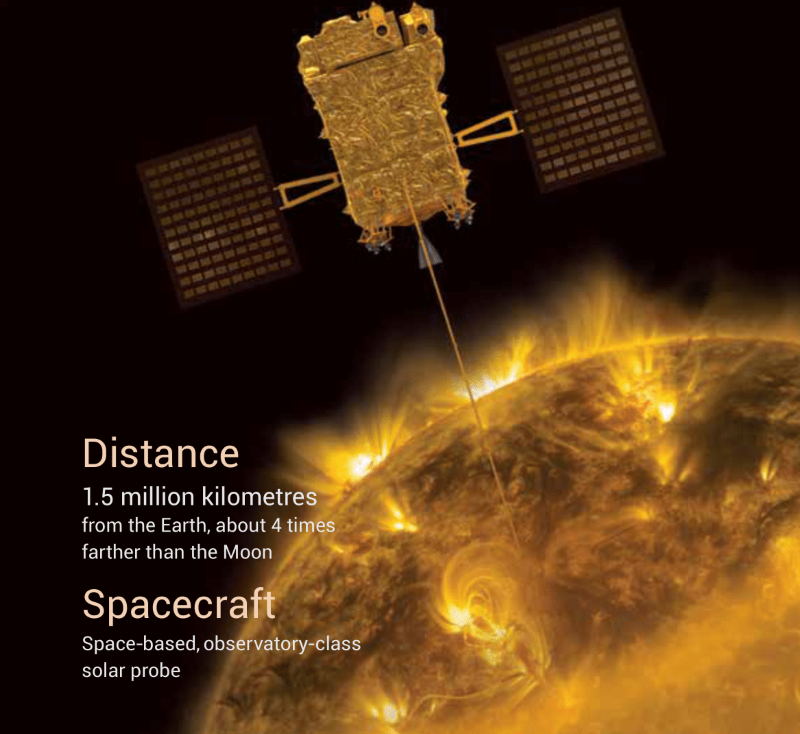 ISRO
ISRO
India's First Mission To Sun: After success of Chandrayaan-3, ISRO to launch Aditya-L1 today
After the success of Chandrayaan-3, India's Indian Space Research Organisation will launch Aditya-L1, the mission to explore the Sun, on Saturday.
ISRO on Monday announced that the Aditya-L1 spacecraft will be launched from the SHAR Range, Sriharikota at 11:50 hrs.
Also Read: ISRO to launch Aditya-L1 maiden Sun mission on Sept 2
ISRO will be using its workhorse and reliable launch vehicle PSLV-C57 for the mission.
Here is the brochure: https://t.co/5tC1c7MR0u
— ISRO (@isro) September 1, 2023
and a few quick facts:
🔸Aditya-L1 will stay approximately 1.5 million km away from Earth, directed towards the Sun, which is about 1% of the Earth-Sun distance.
🔸The Sun is a giant sphere of gas and Aditya-L1 would study the… pic.twitter.com/N9qhBzZMMW
In a post on X, the Indian space agency earlier said: "PSLV-C57/Aditya-L1 Mission: The launch of Aditya-L1, the first space-based Indian observatory to study the Sun, is scheduled for September 2, 2023, at 11:50 hrs IST from Sriharikota."
ISRO earlier said Mission Aditya-L1 is not a complete one to study the Sun due to limited mass, power and volume of the spacecraft that carries scientific payloads in space.
"Is Aditya-L1 a complete Mission to study the Sun. The obvious answer is a ‘NO’ which is not only true for Aditya-L1 but in general for any space mission," ISRO said.
The reason is that due to the limited mass, power and volume of the spacecraft that carries the scientific payloads in space, only a limited set of instruments with limited capacity can be sent onboard the spacecraft, the Space Agency said.
Support Our Journalism
We cannot do without you.. your contribution supports unbiased journalism
IBNS is not driven by any ism- not wokeism, not racism, not skewed secularism, not hyper right-wing or left liberal ideals, nor by any hardline religious beliefs or hyper nationalism. We want to serve you good old objective news, as they are. We do not judge or preach. We let people decide for themselves. We only try to present factual and well-sourced news.






